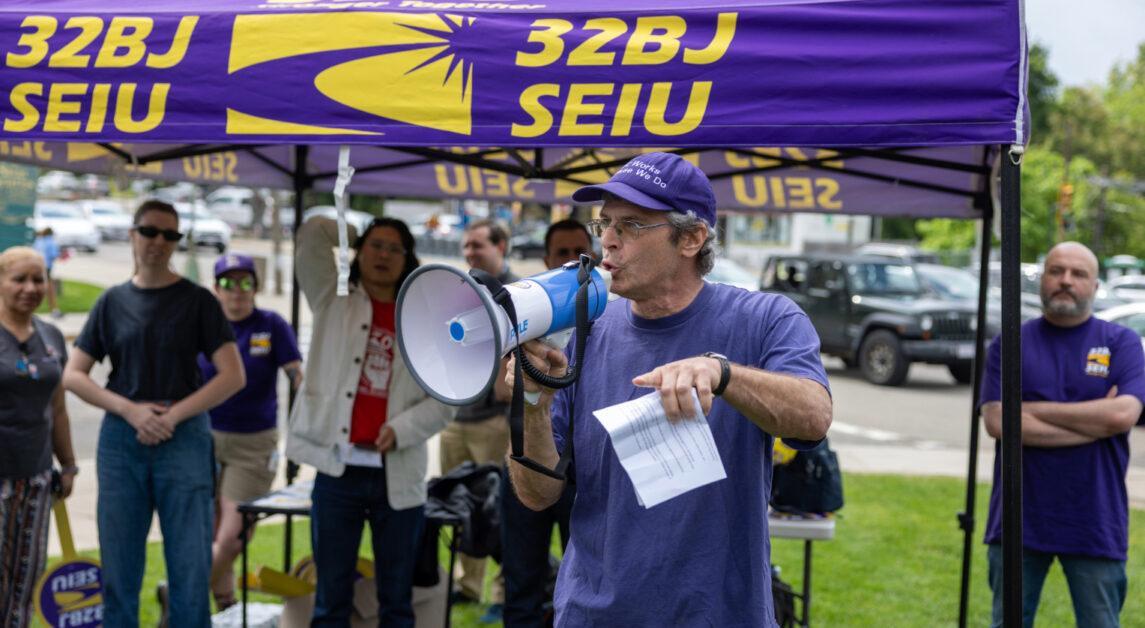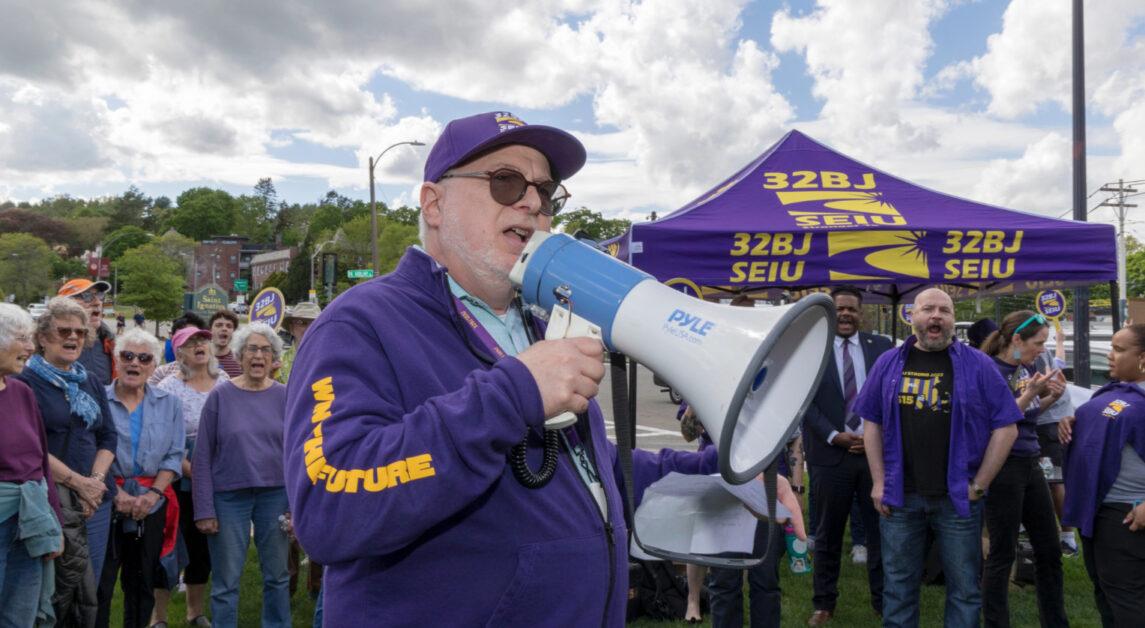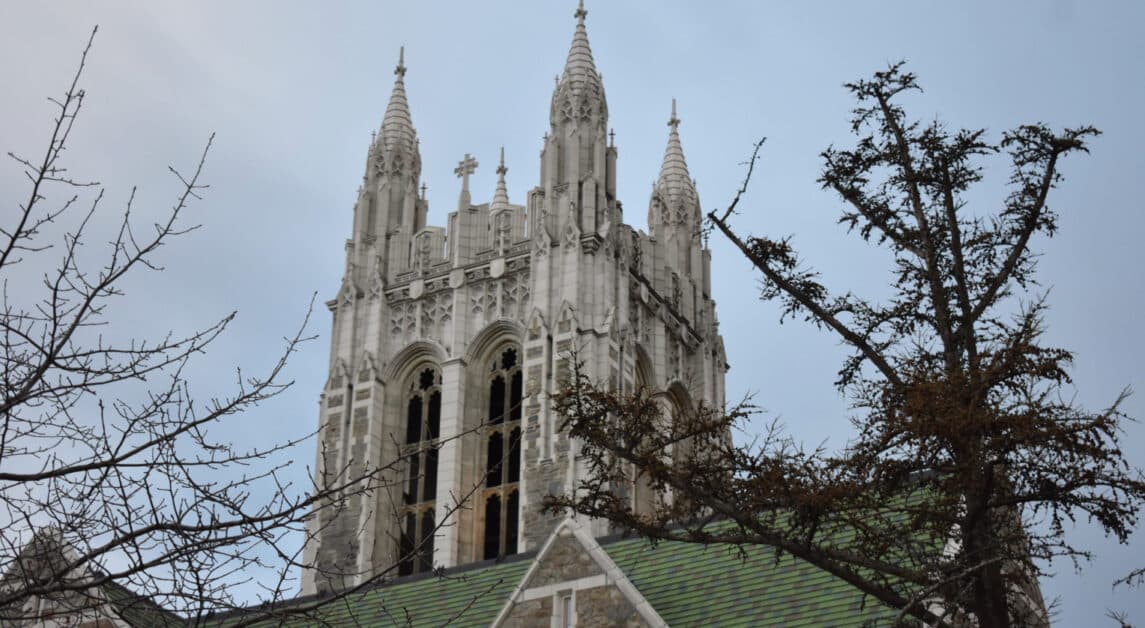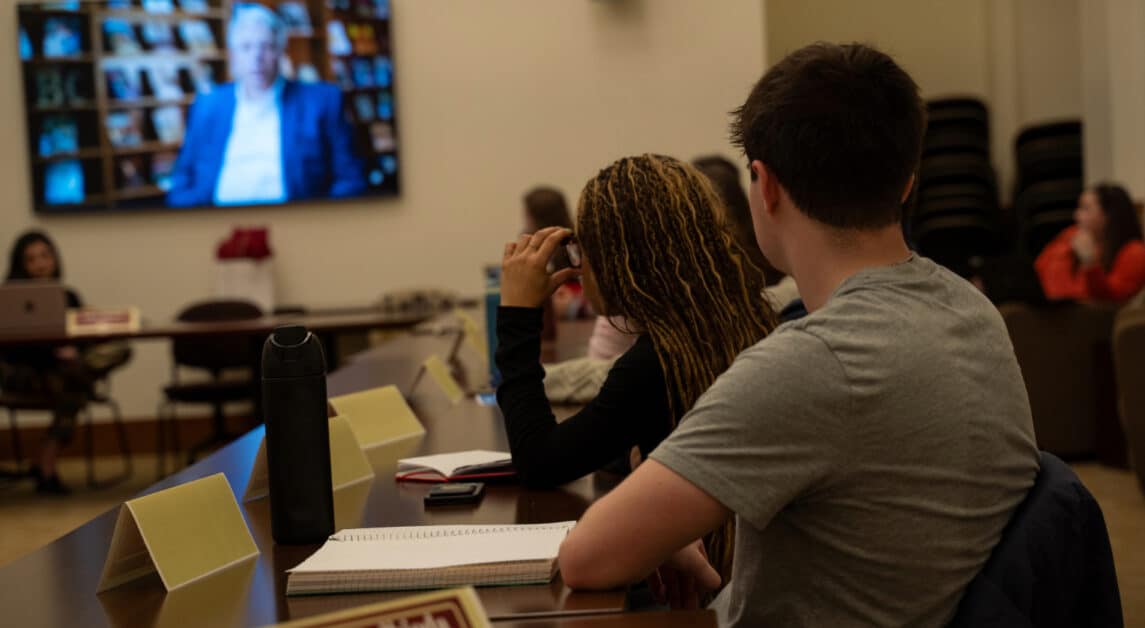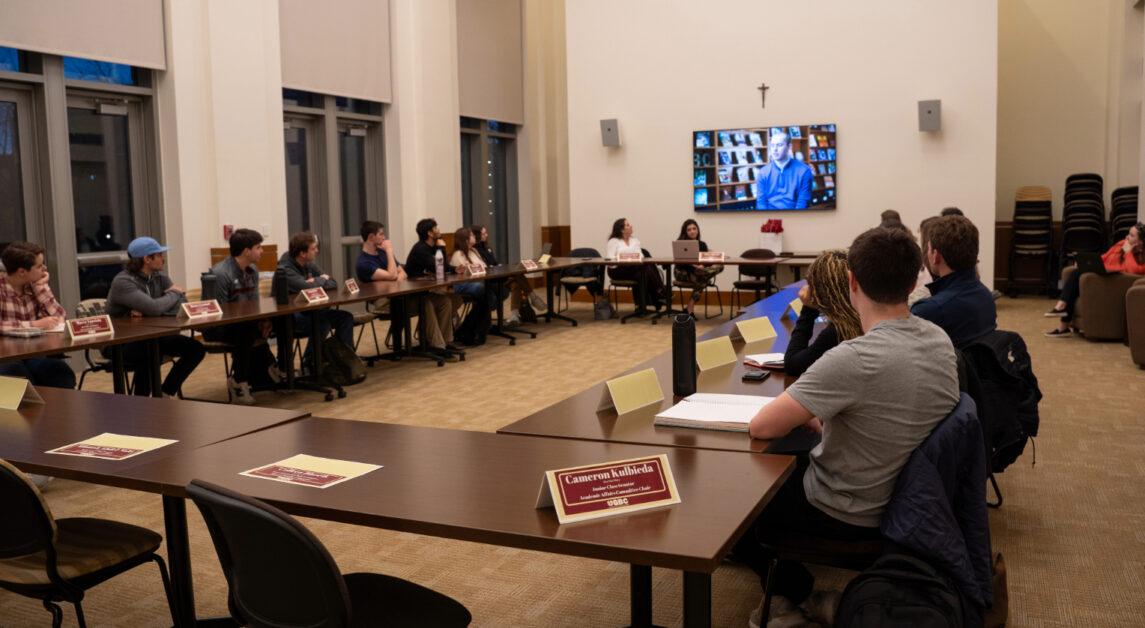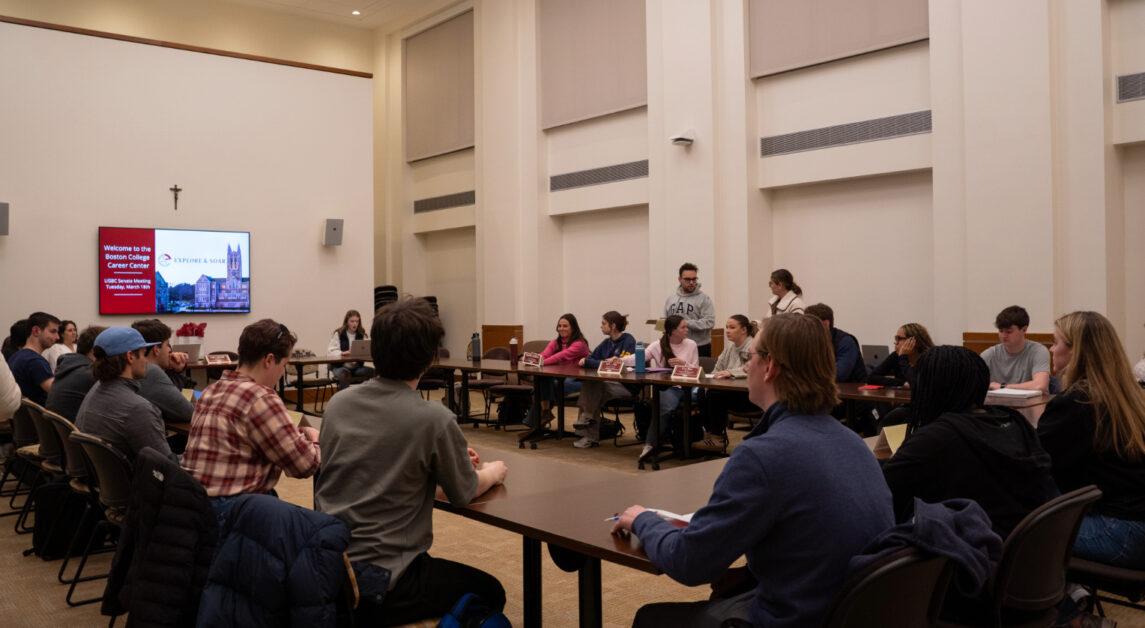On Nov. 5, 2013, Michelle Wu was elected as the first Asian American woman to serve on the Boston City Council at the age of 28. Last Thursday, Boston College invited Wu to share her experiences regarding identity, race, and politics.
“I do want to comment, or at least give a couple points, on how it has been to be Asian American in politics, in government, and, unfortunately in many cases, the only Asian American in the room,” Wu said during her opening remarks at the event sponsored by the Asian Pacific Islander Employees of Boston College (APIE).
Wu, the oldest of four children, started by recounting the cultural awareness and challenges she encountered during her childhood. Her parents had emigrated from Taiwan, determined to maintain their values and traditions. “In many ways I grew up in a very split world,” she said. “At home we only spoke Mandarin.”
As a result of having attended school in Chicago among a demographically diverse student body, Wu said that she consequently became aware of the boundaries and limitations of being from an immigrant family. Growing up, Wu said she did not know of any Asian Americans in government.
“In fact, the most prominent Asian American woman at that time when I was younger was Michelle Kwan,” she said.
While people often suggested she could grow up to be a figure skater, she noted that no one ever suggested running for office.
“I think that speaks to how important it is for the younger generation to see examples to help themselves find what is possible for them,” she said.
Wu stated that she would likely not have become involved in city government had she not been confronted with unexpected circumstances. While working as a consultant in downtown Boston after graduating as an economics major from Harvard, Wu’s mother suddenly faced a mental illness that forced Wu to leave her job in Boston to take care of her mother and younger sisters.
She opened a restaurant only to learn that the processes of permitting and licensing were more complicated than she had anticipated.
“In that experience, I was dealing with government, particularly city government,” she said. “With my sisters’ educations, with opening a business—I really began to see how government shapes people’s lives.”
When Wu returned to Boston to attend Harvard Law School, she brought her family with her.
“I think my job as a city councilor is to really connect people to those resources because I know firsthand how families struggle,” she said. Wu concluded by emphasizing the importance of being conscious of what she was modeling for the younger generation of Asian Americans.
During the question and answer portion of the lecture, one audience member asked Wu for her thoughts on Asian American communities that were not necessarily very involved in politics and government. Wu held that in today’s culture, the individual has tight control over the information he or she receives, and as a result, people often participate in activities outside of government.
“I think sometimes the key is linking politics, government, civic engagement to something else that is relevant to people,” she said. Such actions, she stated, would include bringing the message to church groups, ethnic festivals, and other forms of social organizations.
Another attendee asked Wu if she could share some of her priorities as a member of the City Council. In response, Wu said that one of her main focuses was enabling access to economic opportunities and providing measures for people to open their own businesses. Other priorities discussed were homelessness, hunger, affordable housing, and issues with language access.
One of the closing questions posed to Wu regarded her plan for Boston’s school system.
“The two biggest problems in Boston right now are housing and schools,” she said. “These are the reason why families aren’t staying.” The challenge with the current school system, according to Wu, is that it still operates on kids going to schools outside of their neighborhoods.
Featured Image by Arthur Bailin / Heights Staff




